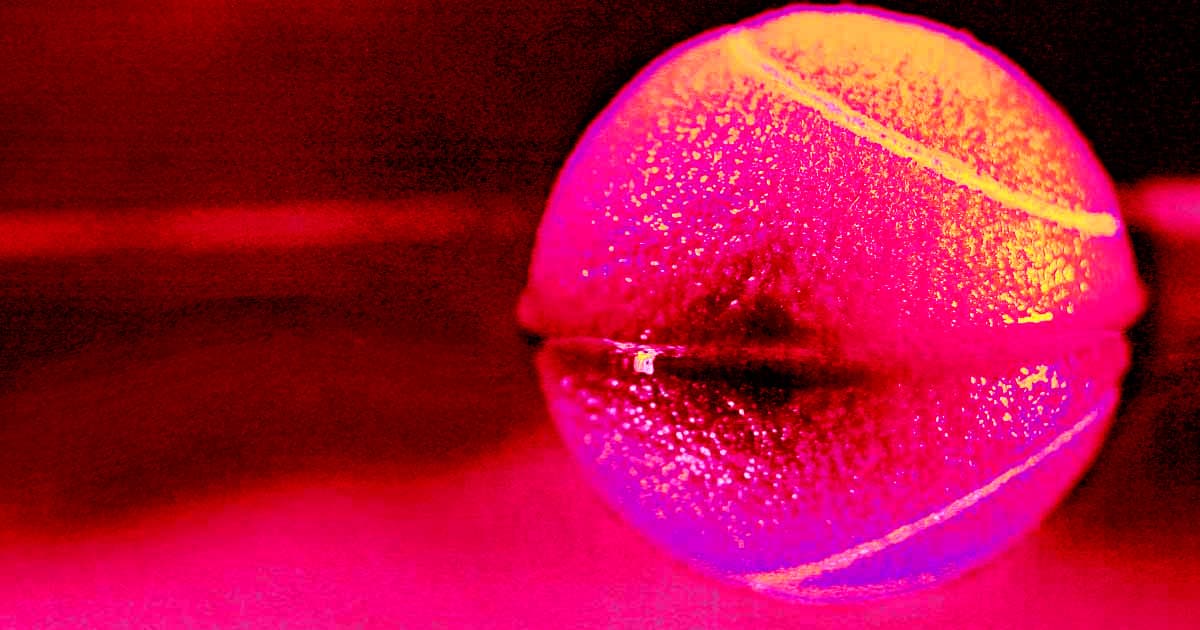A controversial 2018 research paper about the discovery of an elusive subatomic particle has been retracted by the reputable journal Nature, the BBC reports.
The team, led by researchers from Microsoft, claimed at the time to have discovered evidence of the "Majorana particle," named after the famed 1930s Italian physicist Ettore Majorana.
The particle, the researchers claimed, could make quantum computers less error prone. At the time of the discovery, the finding was hailed as a breakthrough for the quantum computing field.
But unfortunately, the researchers seemingly didn't do their homework. According to the retraction published by the authors in Nature, the researchers "unnecessarily corrected" some data without clarifying, and mislabeled a graph, making it misleading.
"We can therefore no longer claim the observation of a quantized Majorana conductance and wish to retract this," they wrote in Nature. "We apologize to the community for insufficient scientific rigor in our original manuscript."
The team originally had proposed to create qubits, the equivalent of a single bit in a conventional binary computer, with the characteristics of Majorana particles, theoretical subatomic particles that have puzzled physicists for decades.
In effect, their method would have created an entirely different way to create quantum computers, allowing for scaled down, next generation machines.
But it wasn't meant to be. It now appears that the researchers did not in fact find evidence for the elusive particle.
"I don’t know for sure what was in their heads," University of Pittsburgh professor Sergey Frolov who was not involved in the research, told Wired, "but they skipped some data that contradicts directly what was in the paper. From the fuller data, there’s no doubt that there’s no Majorana."
Microsoft isn't dissuaded by the news.
"We are confident that scaled quantum computing will help solve some of humanity’s greatest challenges, and we remain committed to our investments in quantum computing," read a statement from the company, as quoted by Wired.
READ MORE: Microsoft-led team retracts quantum 'breakthrough' [BBC]
More on the research: New Evidence for the Existence of this Theoretical Particle is a Step Towards Quantum Computing
Share This Article
